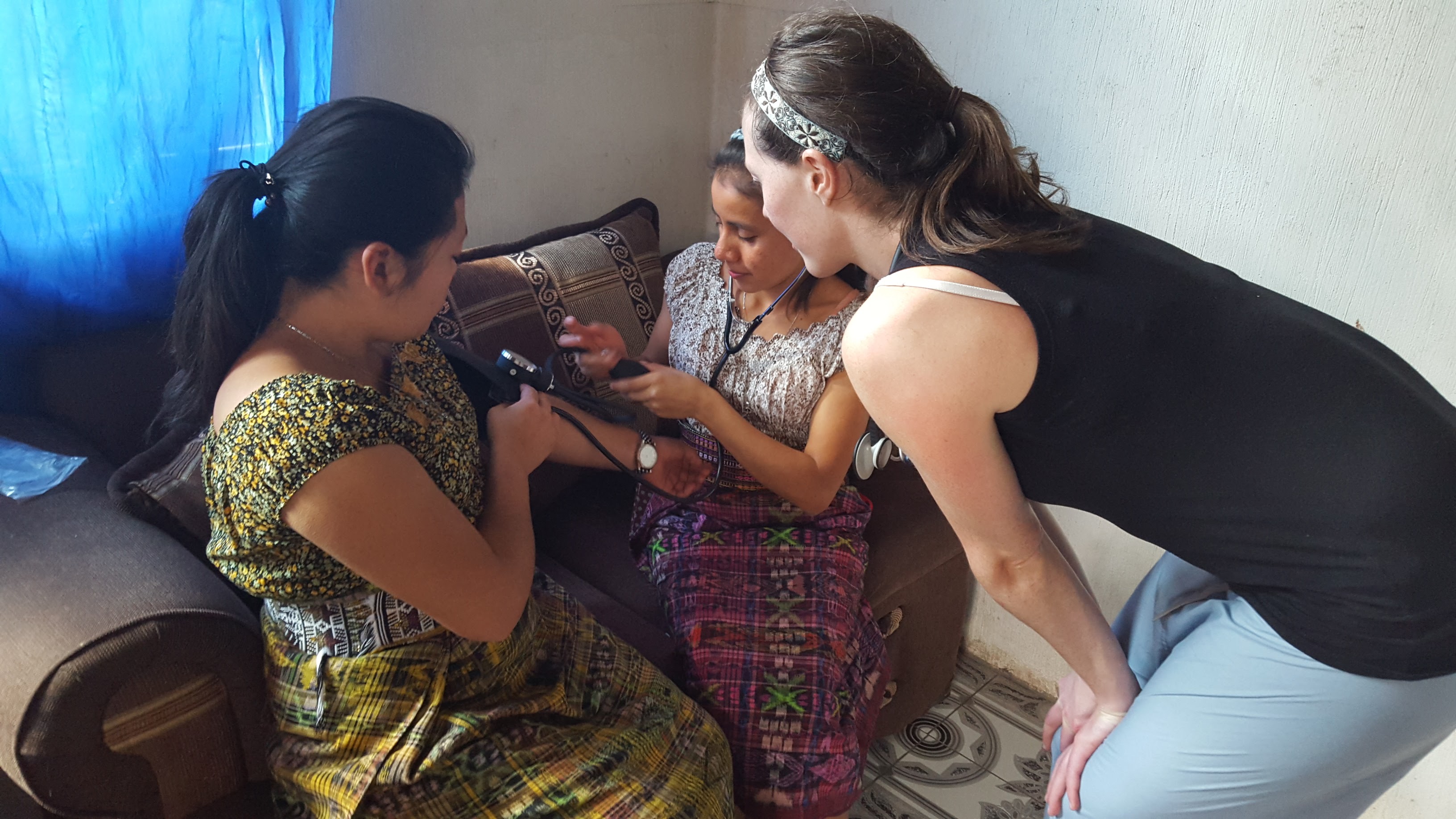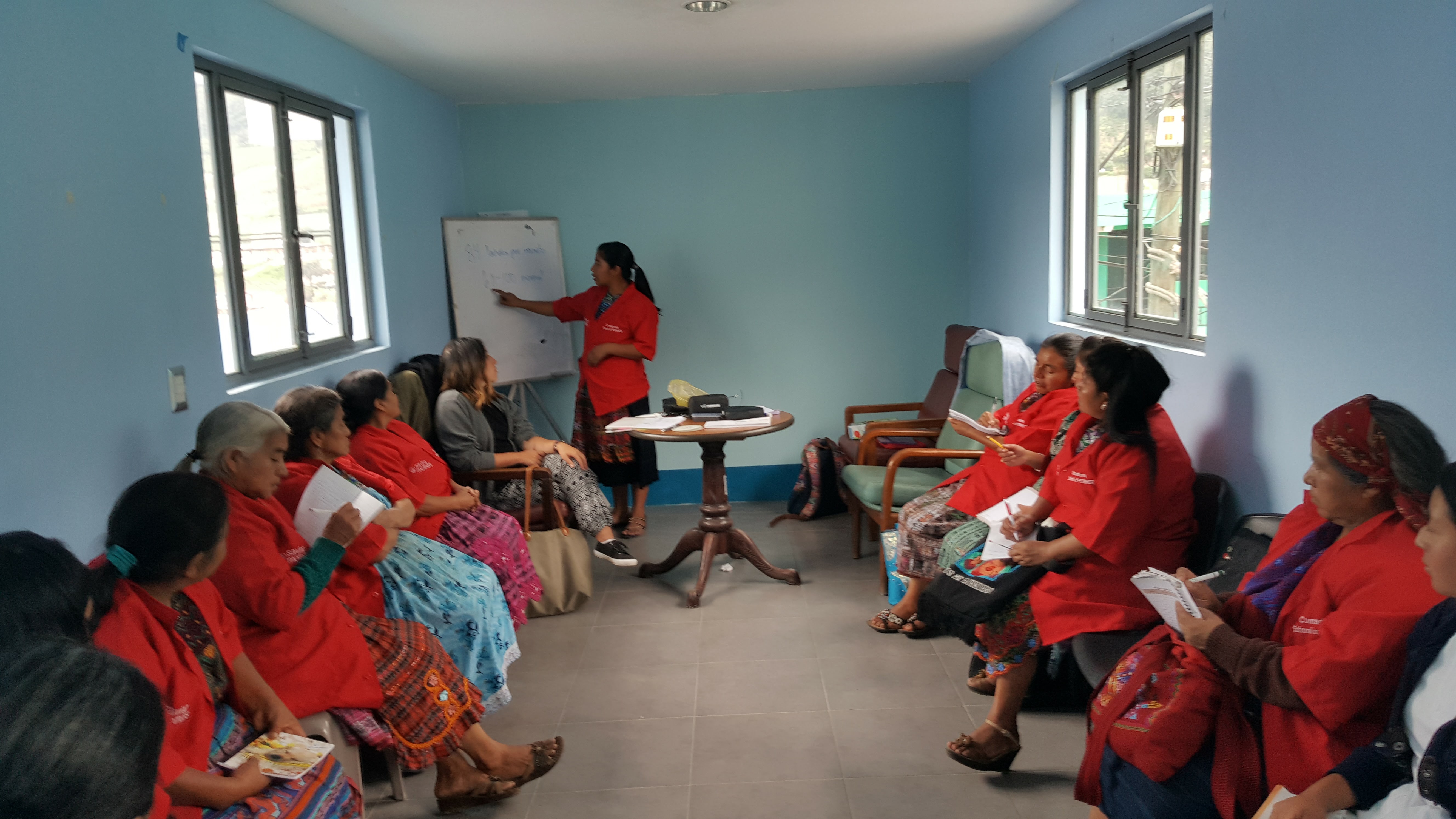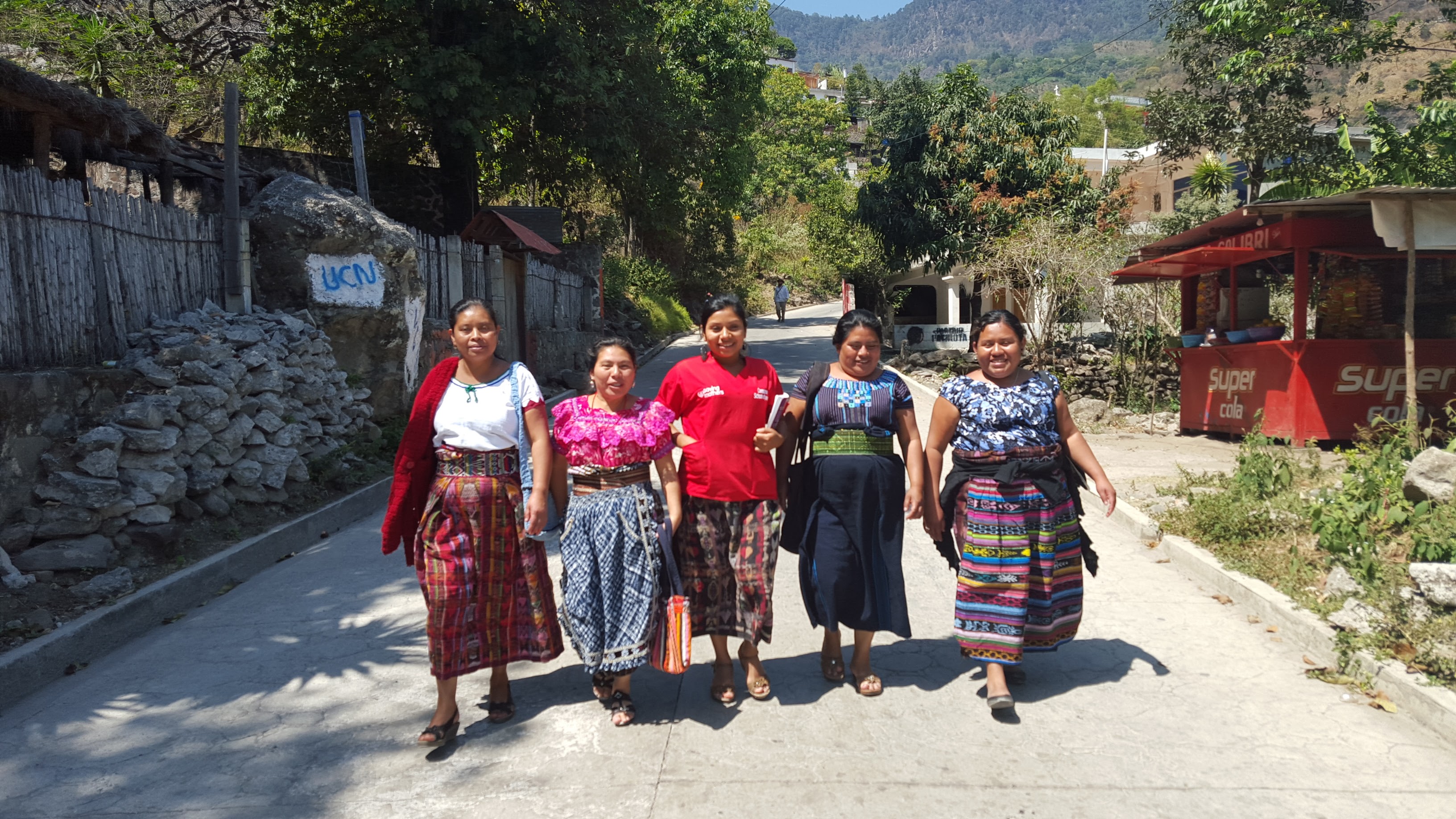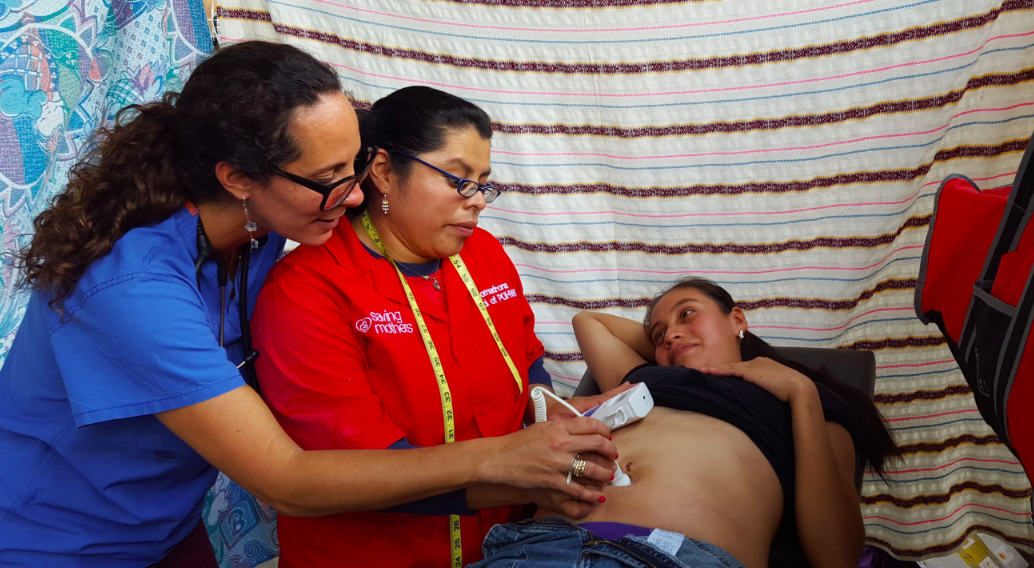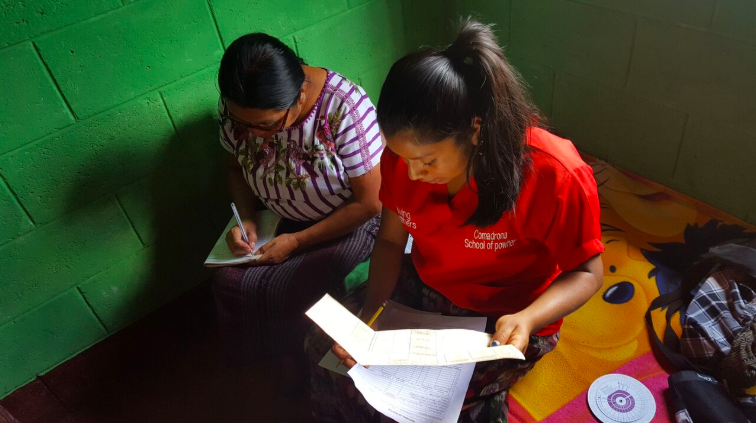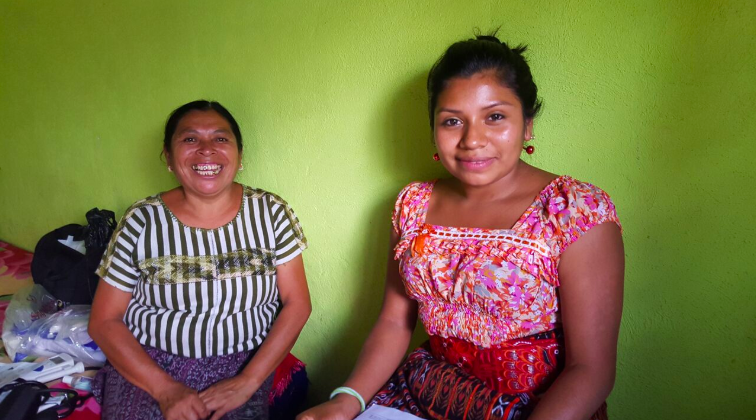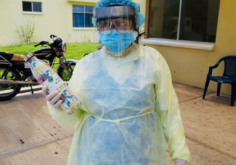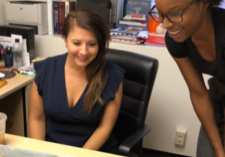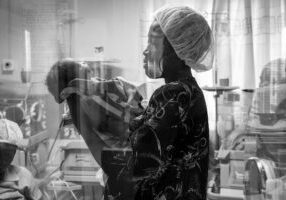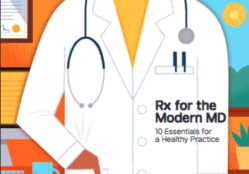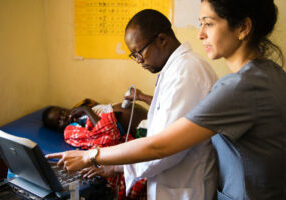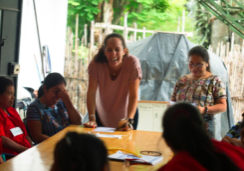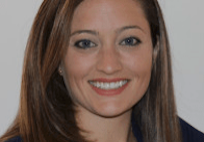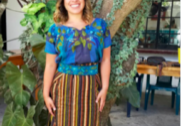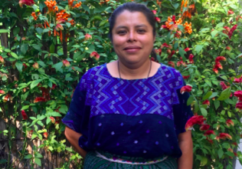School of PowHer
School of PowHer
Our Vision
The School of POWHER (Providing Outreach in Women’s Health and Educational Resources) is a program developed with traditional birth attendants for traditional birth attendants. The program, based out of the Lake Atitlan region in Guatemala, focuses on providing excellent maternal health care in a culturally appropriate manner. In the Lake Atitlan region, traditional birth attendants, comadronas, serve as the respected role as caretakers of all women’s health needs in Mayan Culture. While many of these women cannot read or write, their knowledge is passed down through their ancestors. These women are much sought after and are trusted with the lives of mothers and babies in their communities.
Saving Mothers recognizes the importance of supporting pre-existing cultural structures to provide effective and sensitive care to women worldwide. Therefore, the school of POWHER was developed to empower comadronas to continue to serve as important leaders in their community while providing them with additional medical background for safe pregnancies and deliveries.
Student Class of 2018
Achievements in the Community
# of supervised visits: 472
# of high risk patients identified: 94
# of supervised post-partum visits: 46
# of patients receiving prenatal vitamins: 410
The Structure
The School of POWHER, trains traditional birth attendants in order to reduce maternal mortality and morbidity in Mayan communities. The model of teaching is twofold: didactic and practical. This combination of lecture style and experiential learning is catered to birth attendants of all literacy levels.
All graduates are provided with the tools they need to provide excellent prenatal care. This includes: blood pressure cuff, a fetal Doppler, a stethoscope, a pregnancy wheel, measuring tape prenatal vitamins and hand sanitizer. Graduates are invited and encouraged to participate in continued educational activities hosted quarterly by the School of POWHER educators.
Didactic: The didactic portion of the school consists of 3 months and 112 hours of training led by former graduates of the program. Classes review topics from reproductive anatomy to risks signs in pregnancy, and family planning.
Practical: After completing the didactic portion, comadronas are partnered with clinical educators, prior graduates of POWHER. They are supervised by the clinical educators on prenatal care visits, which helps reinforce the concepts taught in the theoretical portion. The students continue to receive supervised visits for the entire year following enrollment in the school.
Community Outreach
Saving Mothers not only runs the School of POWHER, but also supports maternal health initiatives throughout the Lake Region. Educators from POWHER are key liaisons in their community, and provide trainings on how to use “Safe Birth Kits” to older comadronas in the region. They are wonderful women’s health advocates in their communities and meet with local health officials to assist with running workshops and providing vitamins to the women in the surrounding areas.
Did you know...
4 School of POWHER graduates now run the Casa Materna San Juan community birthing center which opened in 2014!
COVID-19 RESPONSE
With the rise of COVID-19, our Guatemala program has faced a unique set of challenges; however, our work in Sololá continues. Because we were unable to hold the School of POWHER this year, we shifted gears to focus on community needs, particularly among pregnant women. Initially, women were not getting the care they needed due to nationwide lockdown, fear of COVID-19 exposure, and barriers surrounding health care access.
We addressed these issues by:
- Designing and implementing a home visit protocol, and training 8 of our lead educators to provide prenatal care in homes, while protecting themselves and their patients from COVID-19.
- Increasing public awareness of the virus. We offer education on the virus and how to mitigate risk to our patients during home visits. We are conducting a series of focus groups with elder comadronas where we discuss community needs, viral transmission, PPE usage, risk reduction, and fear. We have created and disseminated educational materials in Tz'utujil; including pamphlets, infographics, and 13 short videos. Our videos are now airing on the local catholic TV channel, Tele Apostol, which has a viewership of several thousand people. We are also being featured on Tele Apostol's weekly Health Committee segment, where we talk about the Saving Mothers program, COVID-19 symptoms, the importance of mask usage, hand-washing, and answer questions about pregnancy and COVID-19, and more.
- Increasing distribution of personal protective equipment and medical supplies. Since March, we have received 2 large shipments from Saving Mothers HQ, and have partnered with other NGO's to ensure that our health centers here in Santiago are equipped with what they need to provide care to the public during this time. We have also distributed PPE among the comadronas of the community (both those that have graduated from our program and not).
Home-birth with a comadrona has always been the preferred option for women in Santiago, but because women are nervous about COVID-19 exposure while delivering in a health center or hospital, comadronas have only gotten busier during the pandemic. Making sure comadronas, women, and families are safe, protected, and well-informed is our priority.
COVID-19 PSA from Concepción, from the School of POWHER


